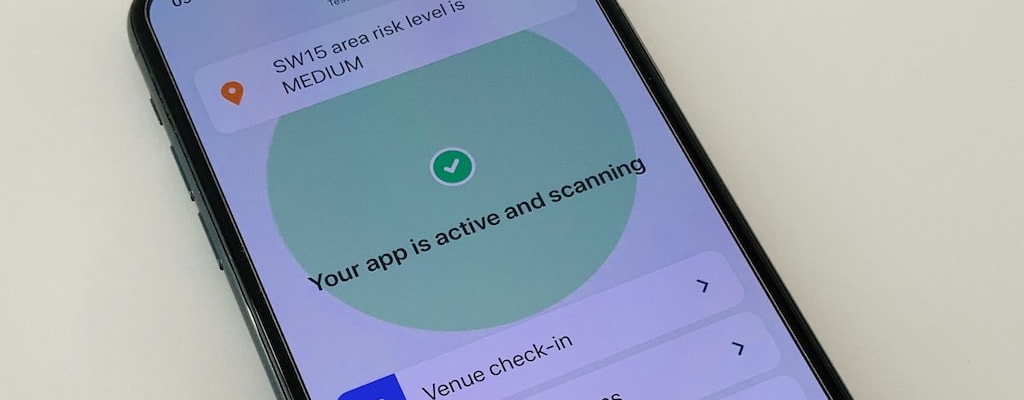take a gamble: Idiom Meaning and Origin
What does ‘take a gamble’ mean?
The idiom "take a gamble" means to take a risk or chance on something without being certain of the outcome.

Idiom Explorer
The idiom "throw caution to the wind" means to take a risk without worrying about the potential consequences or dangers.
The idiom "take a look" means to examine or observe something briefly or quickly.
The idiom "take a gander" means to take a quick look or glance at something. It is often used informally to suggest a casual or casual observation.
The idiom "take a flyer" means to take a risk or gamble without considering the potential consequences or likelihood of success.
The idiom "take a dive" means to intentionally lose or underperform in a competition or situation, usually for personal gain or to deceive others.
The idiom "take a crack at" means to attempt to do something. It is often used when someone wants to try their hand at a task or problem, even if they are uncertain of the outcome. The phrase implies a willingness to take a chance or make an effort.
The idiom "take a bite out of" means to reduce or lessen something, usually by a significant amount.
The idiom "take a bite" means to have a small taste or experience of something. It can also refer to accepting or dealing with the consequences of one's actions or decisions.
Uncertain Wager
The idiom "take a flyer" is another expression often used in American English and is closely related to the concept of "taking a gamble." When someone decides to "take a flyer," they are taking a risk or a chance on something, similar to the act of gambling. This idiom suggests a willingness to explore an uncertain opportunity without any guarantee of success.
While "take a flyer" and "take a gamble" share a similar meaning, the former idiom has a slightly different connotation. "Take a flyer" often implies a greater degree of impulsiveness and spontaneity compared to "take a gamble." It suggests a willingness to jump into a new venture or opportunity without much forethought or planning, which can create a sense of excitement and adventure.
Similarly, the idiom "take a chance" is also relevant to the concept of "taking a gamble." When someone decides to "take a chance," they are willing to embrace uncertainty and potentially face unfavorable outcomes. This idiom is often used to encourage individuals to step out of their comfort zones and try something new, even if there is a possibility of failure. It expresses the idea of being open to risks and being willing to learn from both successful and unsuccessful experiences.
Whether it's "taking a gamble," "taking a flyer," or "taking a chance," these idioms all convey the common theme of embracing risk and uncertainty in pursuit of a desired outcome. They encourage individuals to think beyond the traditional boundaries and be willing to explore new possibilities and opportunities.
For example, in the context of career choices, someone who decides to "take a gamble" may choose to pursue a new job or start their own business, despite the inherent risks involved. By doing so, they are not only taking chances but also demonstrating their willingness to take control of their own destiny and pursue their passions.
In investments, "taking a gamble" might involve investing in a startup or a volatile market, with the hope of significant returns. Similarly, "taking a flyer" can relate to making a spontaneous investment in an opportunity that may not have been thoroughly researched or analyzed. While these actions carry risks, they also offer the potential for substantial rewards.
When it comes to relationships, "taking a chance" can be seen as a leap of faith in pursuing a romantic interest or starting a new friendship. It involves putting oneself out there and being vulnerable, even though there is no guarantee of a positive outcome. "Taking a gamble" in relationships could involve deciding to trust someone or giving a relationship another chance, despite previous disappointments or uncertainties.
In everyday decision-making, these idioms can also be applicable. At times, individuals may need to "take a chance" or "take a flyer" on a particular approach, even if it deviates from the norm or carries some level of risk. This willingness to think outside the box and embrace uncertainty can lead to innovative solutions and unexpected opportunities.
The idioms "take a gamble," "take a flyer," and "take a chance" all highlight the importance of risk-taking and embracing uncertainty in various aspects of life. Whether it's making career choices, investments, or personal relationships, these idioms encourage individuals to step out of their comfort zones and pursue opportunities that may have unpredictable outcomes.
By harnessing the bravery and determination reflected in these idioms, individuals can embark on new adventures, learn from both successes and failures, and ultimately, create a life that is full of excitement and possibility.
Example usage
Examples of how the idiom "take a gamble" can be used in a sentence:
- She decided to take a gamble and invest all her savings in the stock market.
- He's not sure if he should accept the job offer, but he's willing to take a gamble and see how it goes.
- The team took a gamble by including the young player in the starting lineup, and it paid off with a winning goal.
More "Risk" idioms



